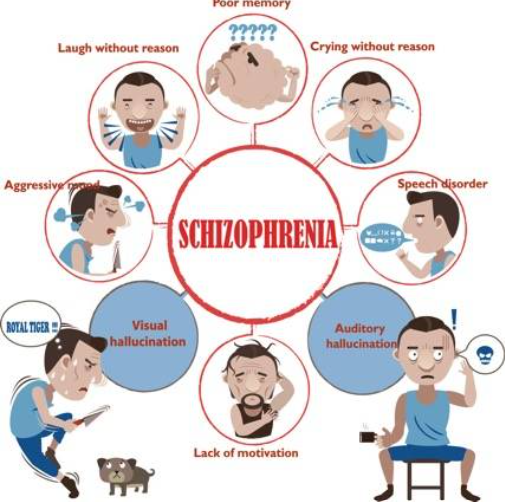There is no cure for this chronic and often disabling disorder of Schizophrenia. But medication and therapy may help.
Schizophrenia is an extremely serious, chronic illness that can be very debilitating, even though it is not nearly as prevalent as other mental health conditions like depression and generalized anxiety disorder. The disorder can affect a person’s grasp on reality (hallucinations being a hallmark symptom) and impact how he or she feels, thinks, and behaves. The precise number of people affected by the disorder is unknown, according to the National Institute of Mental Health.
“Accurate prevalence estimates of schizophrenia are challenging to achieve because of clinical and methodological issues like the intricacy of diagnosing schizophrenia, its overlap with other disorders, and different approaches to making diagnoses,” according to the NIMH. However, prior research suggests that between 0.25 and 0.64 percent of Americans, or roughly 1 in 400 to 1 in 150, may suffer from schizophrenia or other psychotic disorders.
Also read-PTSD : A Patient’s Guide To Post-Traumatic Stress Disorder
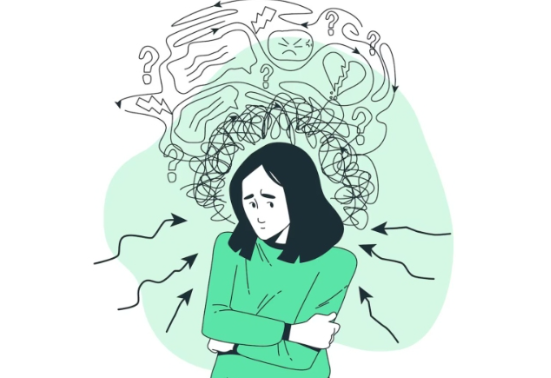
What is schizophrenia?
There are many different types of schizophrenia, and because it is heterogeneous, it can be challenging to diagnose and treat. Clinical director of the Johns Hopkins Schizophrenia Center and professor of psychiatry and neurology at Johns Hopkins University, Dr. Russell L. Margolis, explains that the term “manic depressive illness” was coined early in the 20th century to explain a group of patients who were obviously very ill but did not have what is now known as bipolar disorder. However, there isn’t a single, accurate definition for it.
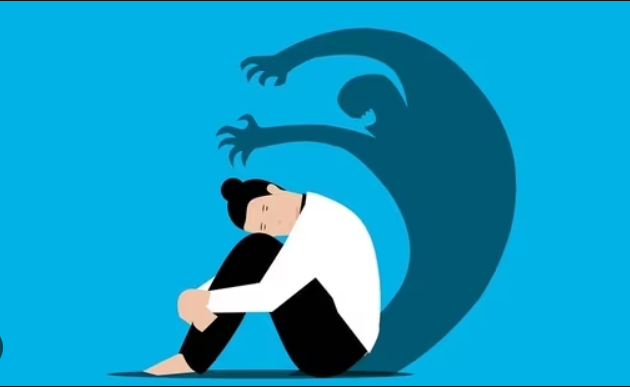
Schizophrenia essentially describes a collection of symptoms, “but different patients may have quite different symptoms and still, at this point in time, receive the diagnosis of schizophrenia,” Margolis says.
Signs and symptoms
Experts say that while individual cases of schizophrenia can differ greatly, there are some warning indicators that unmistakably indicate that a clinical evaluation is necessary. When someone is experiencing symptoms but lacks awareness, or is unable to recognize the significance of their problems or identify them as symptoms, loved ones are frequently the ones to start this. Positive, negative, and cognitive symptoms are the three main categories into which symptoms of schizophrenia are typically divided.
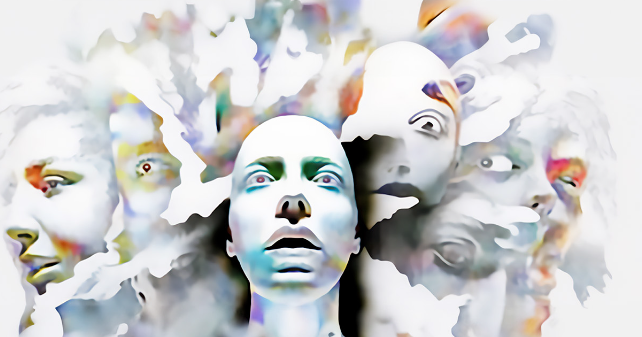
Regarding positive symptoms, “it’s not really (that) it’s a good thing to have, but we refer to them as positive symptoms, as in they are visible and conspicuous,” explains Dr. Deepak Cyril D’Souza, a professor of psychiatry in the Yale University School of Medicine and director of the Schizophrenia Neuropharmacology Research Group at Yale.
Causes
It’s not clear precisely why some people develop schizophrenia, although research indicates a combination of genetics and environmental factors likely play a role.
Having a close family member – particularly an identical twin – with schizophrenia significantly increases a person’s risk for developing the disorder. Factors before birth and surrounding delivery are also associated with a higher risk for developing the disorder in one’s lifetime. Those include maternal malnutrition during pregnancy or other pregnancy complications such as preeclampsia, or high blood pressure; exposure to viruses before birth, like maternal influenza; as well as complications during delivery like asphyxia – when a baby doesn’t get enough oxygen – and low birth weight. In addition, having an older father is linked with a higher risk for schizophrenia. For example, research finds children born to fathers over 45 have about double to triple the risk of developing schizophrenia as those born to dads half that age.
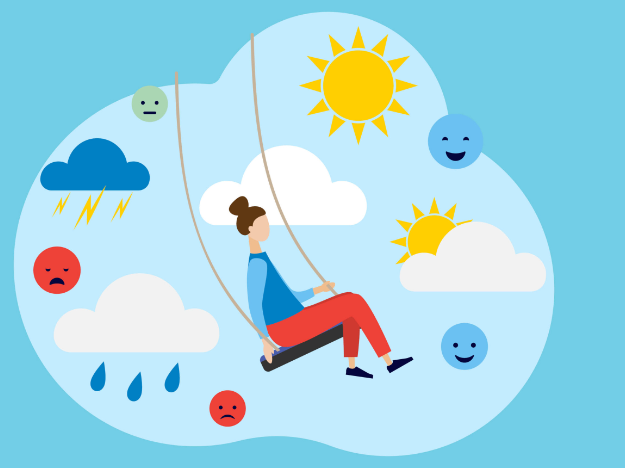
Diagnosis
Usually people seek help – or their loved ones do so on their behalf – when a person displays troubling positive symptoms or has a psychotic episode. One context in which this sometimes occurs, for example, is when an individual goes away for the first time to college. “That is a stressful milestone for most people – leaving home, going to a new environment and living independently. … That can be quite anxiety-provoking for many people,” D’Souza says. And it can even, he says, “set off the first episode of schizophrenia in some people.”
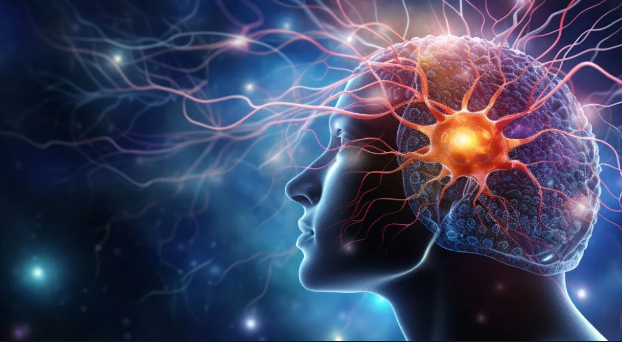
In other cases, people have an initial psychotic episode after using substances like cannabis or amphetamines, D’Souza says.
Treatment
Schizophrenia has no known cure; instead, symptom management or reduction is the goal of treatment. Antipsychotic drugs remain the cornerstone of therapy, according to D’Souza. According to D’Souza, these drugs can occasionally be used to manage symptoms like hallucinations, delusions, and paranoia. “The benefits can be quite striking and, I would argue, lifesaving for many individuals,” Margolis adds.
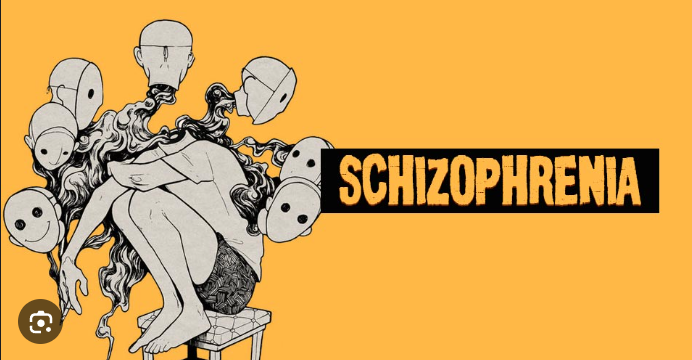
For others, antipsychotics have some impact, but it’s more limited. For example, drugs may only have a modest impact on reducing symptoms, particularly negative symptoms. Still, another substantial portion of patients with schizophrenia don’t respond to these medications, “and it’s kind of sad because we don’t really have that much to offer them,” D’Souza says.
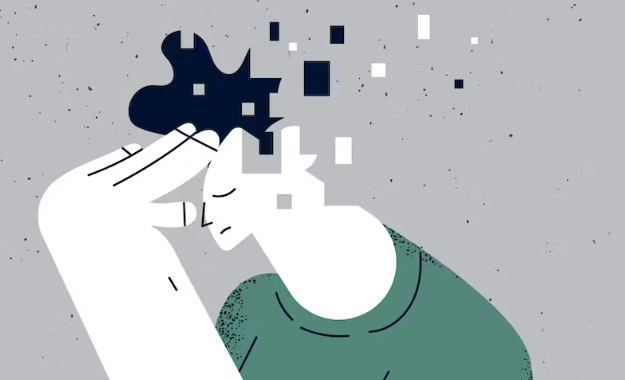
Also read-Signs Of Depression: Symptoms To Watch For Depression
images source: Google
Disclaimer: The opinions and suggestions expressed in this article are solely those of the individual analysts. These are not the opinions of HNN. For more, please consult with your doctor







